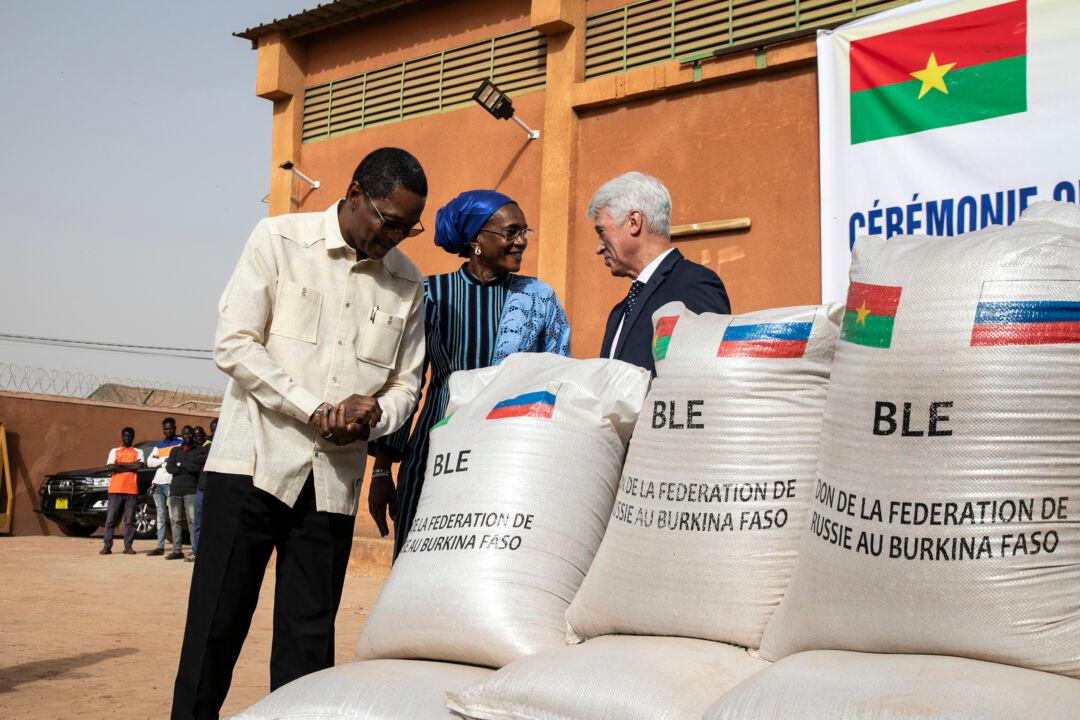JOHANNESBURG, South Arica—Russia’s Africa Corps, the successor to the Wagner Group, is strengthening in terms of strategy, capacity, manpower, and military equipment, defying predictions by Western intelligence agencies, according to a new report by the Polish Institute of International Affairs (PISM).
In August 2023, following the suspected assassination by the Kremlin of Wagner founder Yevgeny Prigozhin after he led a rebellion against President Vladimir Putin’s military commanders, forecasts were that Russia’s military influence in Africa would wane.





